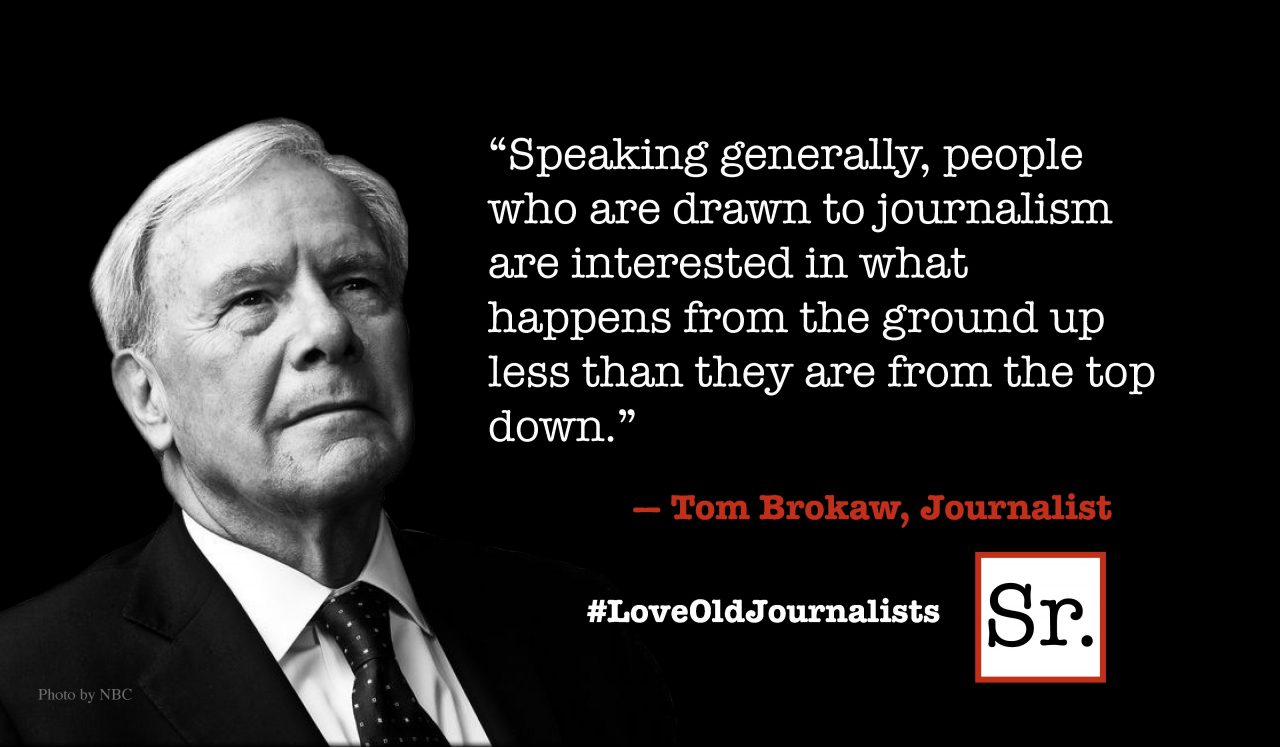I’m reasonably certain that my parents never used the term “John’s needs.” Since having this thought, I’ve asked a handful of folks my age, “Do you think your parents ever talked about your needs and how to best meet them?”
Every time, a smile breaks out on the person’s face, then he or she chuckles and answers, “I don’t think so.”
Today’s parents, by contrast, talk about their children’s “needs” a good amount. They aren’t referring, however, to actual needs like air, food, clean water, protection from the elements, and good medical care in the event of illness. They’re actually referring to entitlements like a child’s “need” to have teachers who recognize and respond properly (according to the child’s parents’ definition of the term) to the child’s unique learning style and the “need” for the child to experience life without ever experiencing failure or emotional distress of any sort (if that can be accurately called life).
Parents with this sort of orientation were once called overprotective. It was recognized that despite their intentions, they were doing slow but sure harm to their children. Today, what was once anomalous has become the norm. And the harm is apparent. Compared with my generation, today’s children perform less well in school at every grade and are considerably more likely to experience serious emotional problems before adulthood. They are also having great difficulty uncoupling themselves from their parents’ protections and successfully emancipating.
The difference is that today’s parents believe their responsibility is to their children whereas the parents of two generations past believed their responsibility was to the culture. Today’s parents are trying to insure their children’s success and happiness. Yesterday’s parents were trying to produce good citizens, which is why they said things like “good citizenship begins at home.” The fact that parents no longer talk like that means something.
Yesterday’s parents saw the raising of children through wide-angle lenses while today’s parents have tunnel vision, and the entire visual field at the end of any given tunnel is occupied by a child. Today’s parents have great difficulty placing their children in a broad socio-cultural context. They’re also near-sighted. When I ask one of them, “What is your mission statement?” they look at me like I’m speaking a dead language, which I suppose I am. Do they not know what they’re trying to accomplish?
I propose that yesterday’s parents had it right. The only proper end goal of child rearing in America is to strengthen America. It is not all about the child. It is about one’s responsibility to this country. It’s not about raising a child who makes straight A’s, earns a scholarship to a top-tier college, is the best center-forward in the NCAA, etcetera. It’s about raising an adult who will be a good neighbor, someone who will be helpful and courteous and respectful and compassionate and charitable and responsible and so on. Most of all, it’s about raising a child who will pass the baton of good citizenship properly to his or her kids.
When that’s the goal, everything else will fall into its proper place. The child may not make the best grades, but he will respect adults and do his best. As an adult, he may not wear an Italian silk tie to work or make a lot of money, but he will be a good neighbor.
In short, it’s not about the child’s supposed needs; it’s about what America needs.








